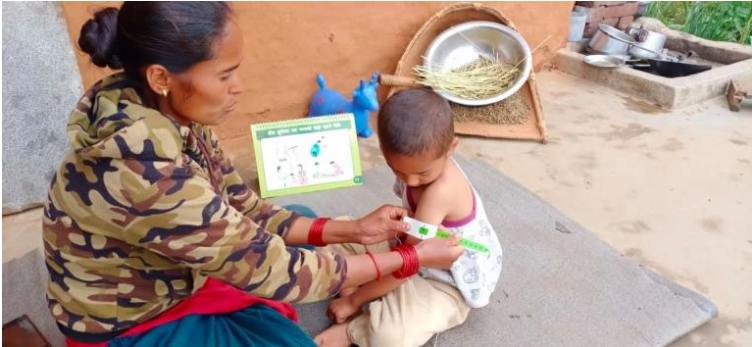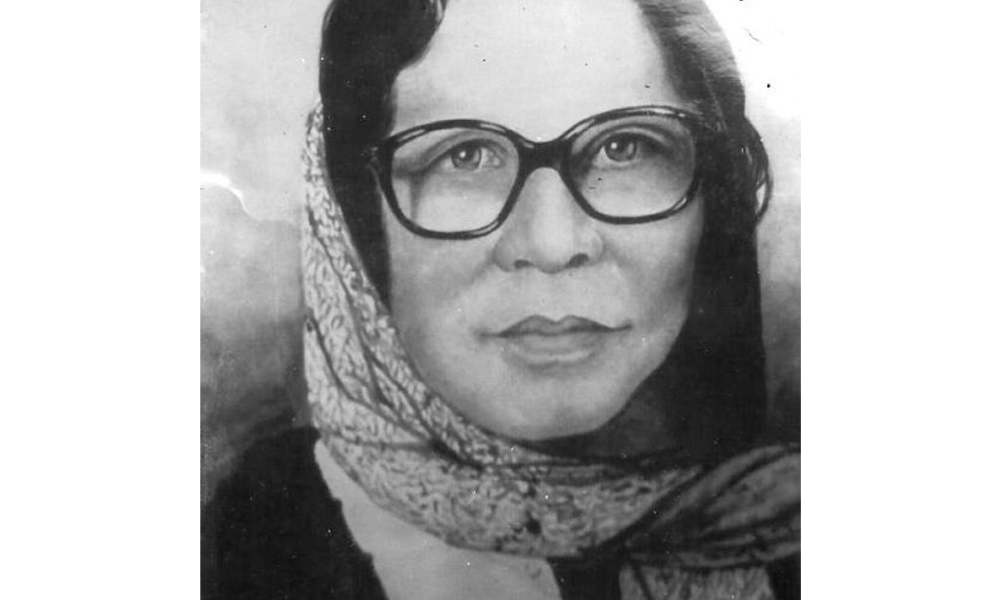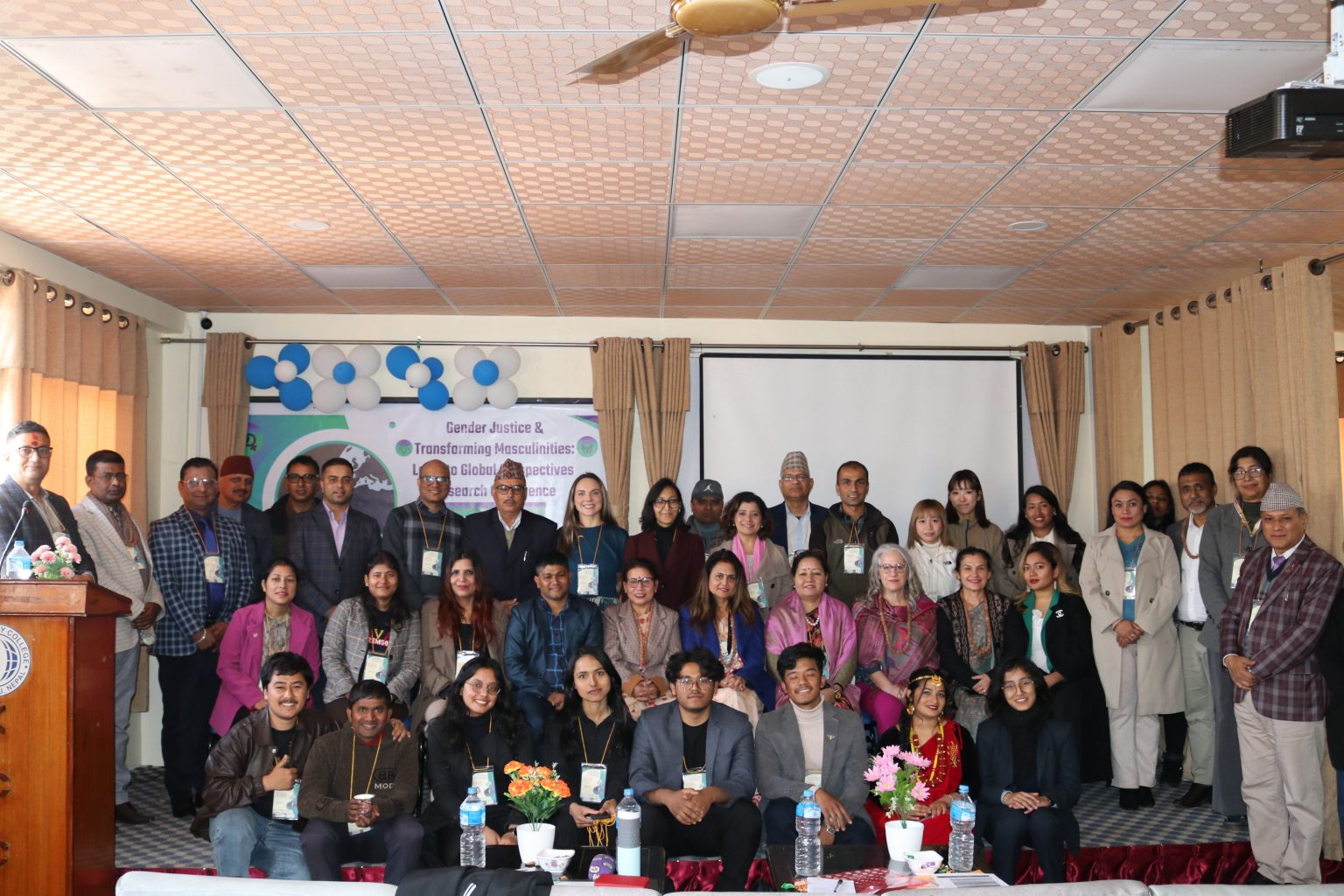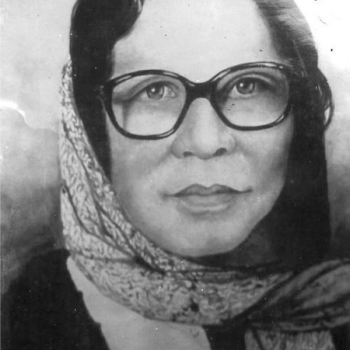32 percent children in Nepal chronically malnourished: Report
 NepalPress
NepalPress

KATHMANDU: Thirty-two per cent children in Nepal are chronically malnourished while seventeen percent of Nepalis women are overweight or obese, a report published by the National Planning Commission (NPC) said.
Micronutrient deficiency or ‘hidden hunger’ is caused by inadequate diversity and limited essential nutrients in diets, and production and consumption of stable food is currently higher than fresh nutritious food.
The finding of the Fill the Nutrient Gap Analysis initiated by the NPC in 2020 is that the lowest cost nutritious diet is, at the national average, 348 per five-person household per day.
As the report states, the nutritious diet is more than twice as expensive as a diet that meets only energy diets. The analysis aims to generate evidence for the scale-up of the second Multi-Sectoral Nutrition Plan and also for other food security and nutrition related intervention estimates that at least one in five households would not be able to afford the lowest cost nutritious diet. In some mountain areas, over 60 percent of households would not be able to afford a nutritious diet.
The analysis supported by the World Food Programme used a food system approach to better understand the barriers to consuming national diets including how economic barriers prevent households from affording healthy foods.
The analysis highlights the need of a role from all sectors in improving the status of nutrition in Nepal.
“To improve access to diets, Nepal must focus on food system transformation. Investment in nutrition-sensitive agriculture, staple food fortification and better infrastructure can improve accessibility to healthy foods for all,” the report said.
Unveiling the report, NPC member Dil Bahadur Gurung underlined the need of credible data to rightly intervene in the malnutrition issues and this type of analysis would help come up with right policies and programmes against malnutrition and implement them effectively in the future.
WFP country director and representative Robert Kasca recommended the implementation of social security programmes, livelihood support programmes and school mid-day programmes targeting the households facing economic barriers to afford nutritious food to address their nutritional requirements. RSS














